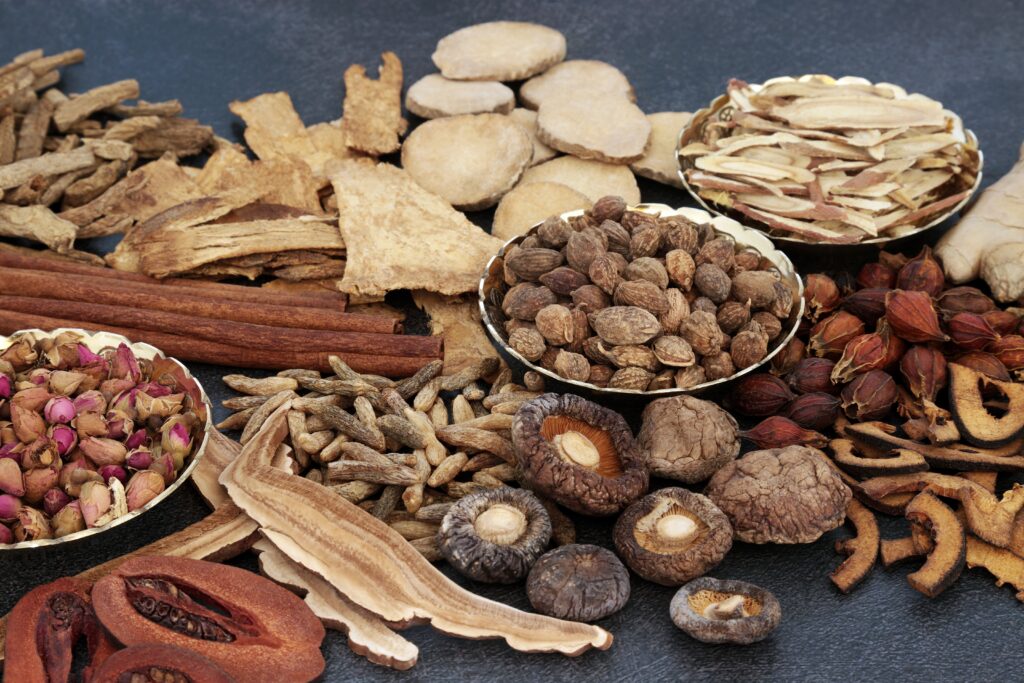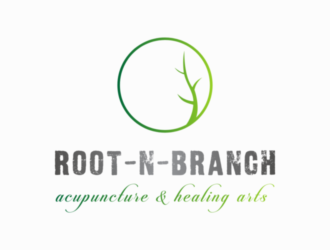
MEDICINAL HERBS are plants or their parts (such as bark, twigs, leaves, flowers, seeds, and resins), minerals, or animal products that are used for therapeutic purposes. In Asian Medicine, herbal formulas are taken as dietary supplements, increasing the effects achieved through proper nutrition. In fact, a majority of the herbs may be familiar to you since we use them as spices. Cinnamon, ginger, fennel, clove, cardamom, licorice, and mint to name a few. |
Many pharmaceuticals in use today are concentrated extracts of herbs. The difference is usually distinguished due to potency, but there is also a distinction between using the whole plants and their many interacting constituents compared to using a pill made up of one concentrated element. As a result, herbs are easier on the body and side effects are less frequent. However, side effects are possible, but are generally better tolerated and resolved due to the gentle nature and smaller dosage of the substance.
Depending on the patient’s chief complaint and presentation, herbal recommendations could constitute any of the following: raw, dried whole herbs to be cooked into decoctions; powdered herbal teas; tinctures; raw, ground herbs packed into capsules or tablet form; liniments, patches, or poultices; essential oils or flower essences.
Anyone seeking herbal consultation should provide the herbalist with a list of current medications since reactions between pharmaceuticals and herbs are rare, but possible. In such a case where a reaction may be a concern, the herbalist can recommend alternatives to achieve the end result.
